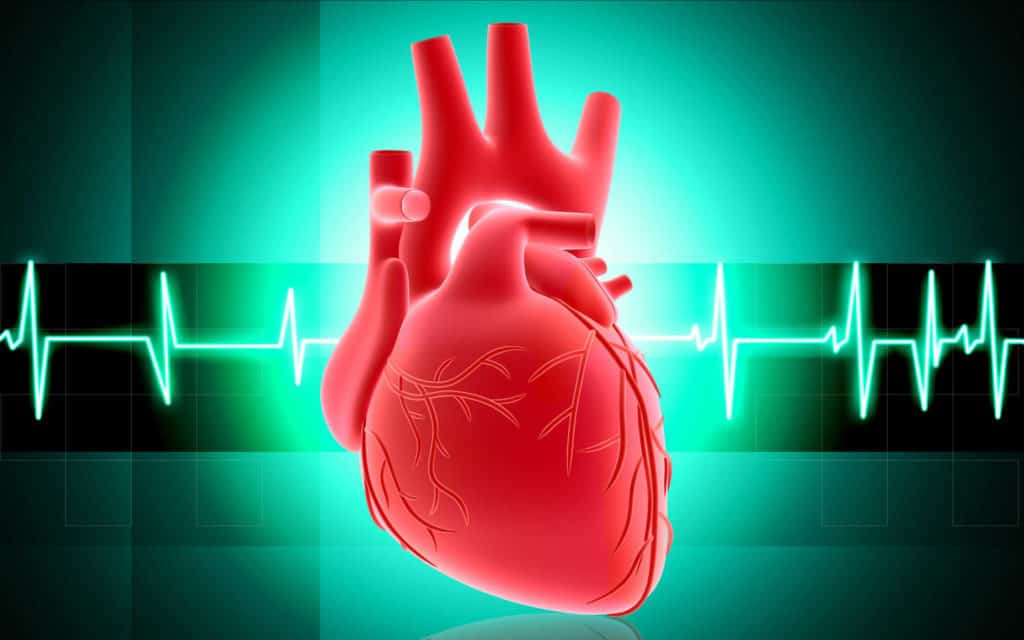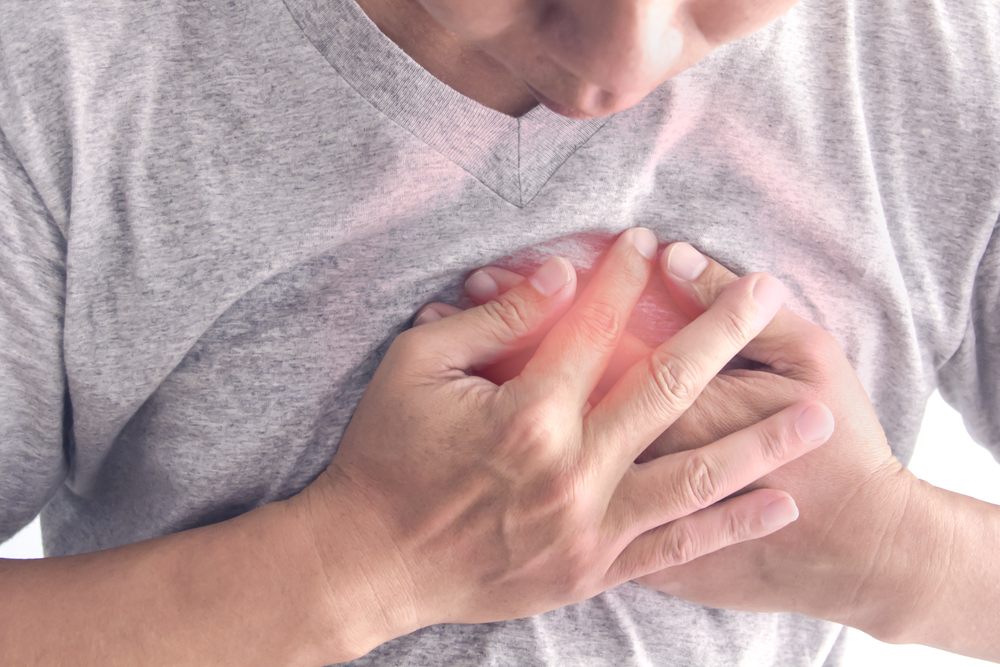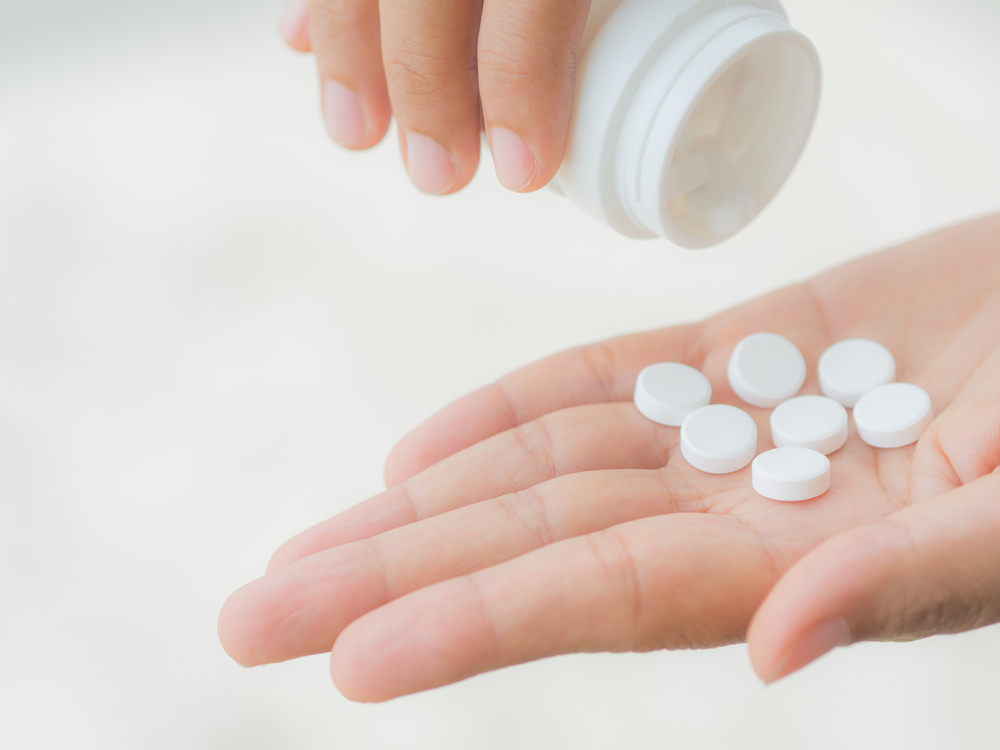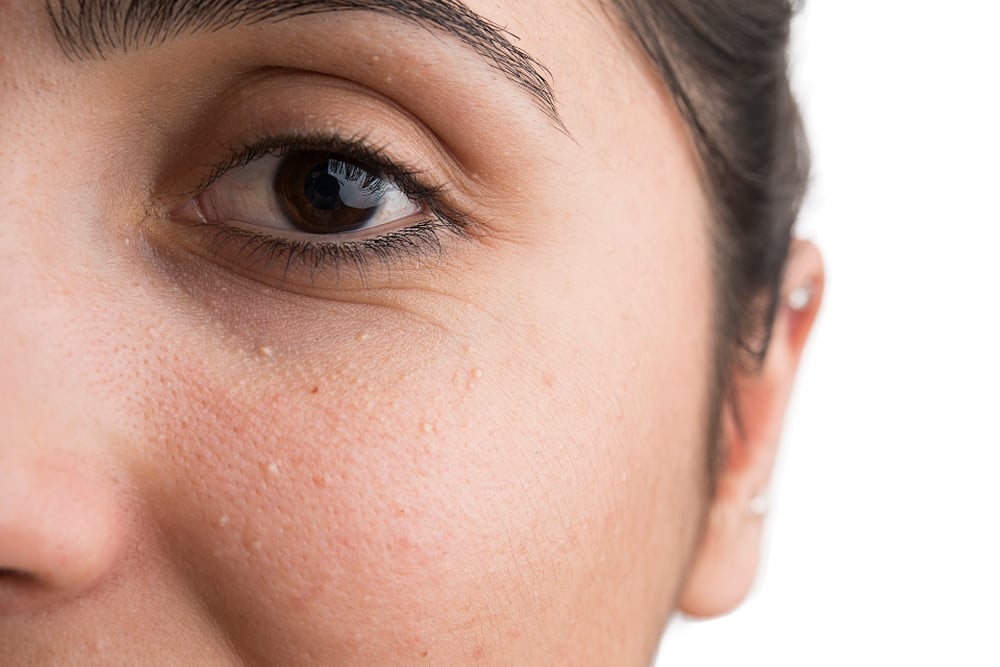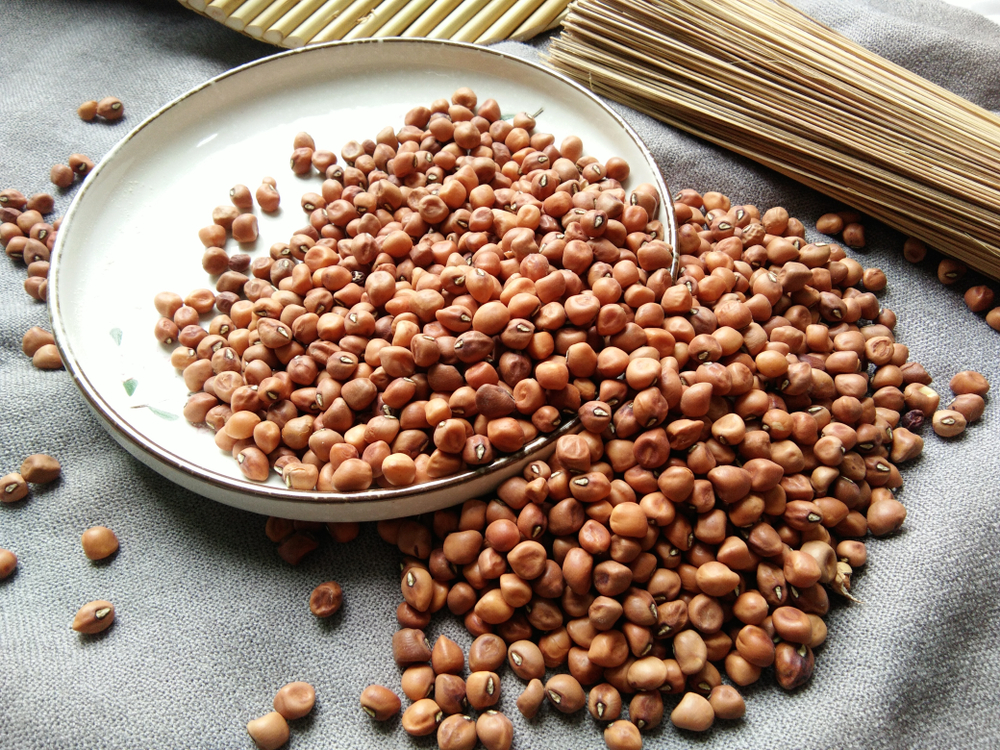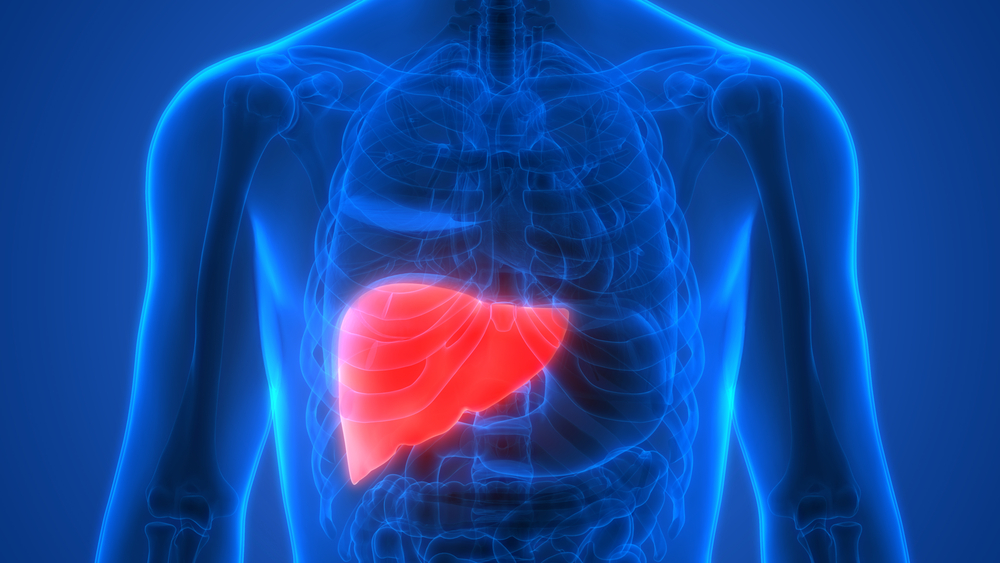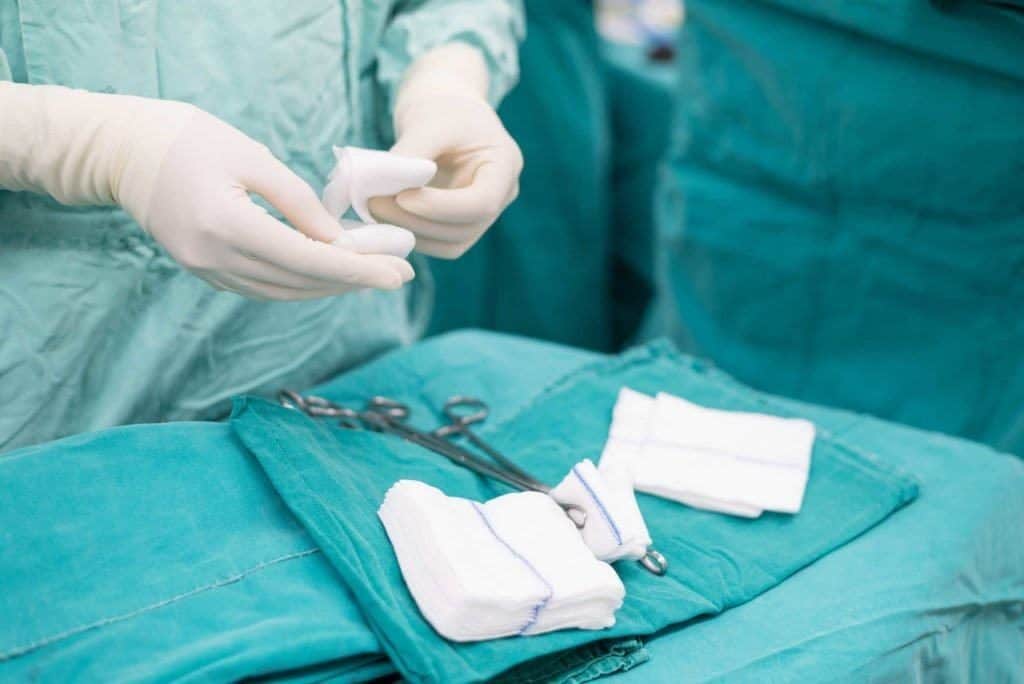Contents:
- Medical Video: Do You Know The Warning Signs of Heart Disease?
- What is the function of the heart?
- What types of diseases can attack the heart?
- What are the symptoms that are felt when experiencing heart disease?
- Get to know dangerous coronary heart disease
- 1. Chest pain (angina)
- 2. Cold and nausea perspiration
- 3. Shortness of breath
- What are the usual tests for a heart attack?
- What are the recommended medications for coronary heart disease?
- Try meditation
- Pay attention to nutritional intake
- How to maintain heart function to stay healthy?
- 1. Sports
- 2. Stay active throughout the day
- 3. Eat like an ancient person
Medical Video: Do You Know The Warning Signs of Heart Disease?
The heart is one of the most important organs of the body. So, you must take good care of this vital organ, so that overall body health is also good. Unfortunately, not many know, that this disease can affect anyone, anytime, anywhere. Symptoms of heart disease cannot be diagnosed with certainty by a doctor.
Not infrequently, this disease is often referred to as "silent killer ", because you do not know when it happened, what the symptoms feel, and can even occur to the point of fatal consequences. Therefore, it is important to know how the body's important organs work, what types of diseases they have, and how to maintain and prevent this fatal condition from occurring. Let's look at the full discussion below.
What is the function of the heart?
According to Dr. Lawrence Phillips, a cardiologist at NYU Langone Medical Center, the heart is a body organ that works by pumping blood throughout the body through the circulatory system.
In addition, this important body organ also works to supply oxygen and nutrients to other body tissues. The heart also plays a role in removing toxins from carbon dioxide and other impurities in the body.
If this vital organ supplying blood to your whole body is in trouble, it will not be able to supply blood to other organs, the body's tissue will be 'starved' and eventually die. Of course this has a fatal impact on health.
What types of diseases can attack the heart?
Actually, there are many diseases that can be experienced by the heart, such as heart attacks, coronary heart disease, and heart failure.Coronary heart disease is the most common type of heart disease. This condition is a result of the buildup of plaque in the arteries, which blocks blood flow and increases the risk of other complications. Other forms of heart disease include:
- The irregular heartbeat (arrhythmia)
- Congenital heart defects
- Weak heart muscle (cardiomyopathy)
- Heart valve problems
- Infection
- Cardiovascular disease
What are the symptoms that are felt when experiencing heart disease?
The symptoms of this disease actually vary, and depend on certain conditions. For example, if you have arrhythmias, the symptoms include:
- The heartbeat beats fast or slowly
- Dizzy
- Headache
- Chest pain
- Hard to breathe
Symptoms of congenital heart defects also include changes in skin color, such as bluish or pale color. You can also see swelling of the legs and stomach. You become easily tired or short of breath shortly after doing physical activity.
If you have a weak heart muscle, physical activity can cause fatigue and shortness of breath. Dizziness and swelling of the legs or ankles are also usually accompanied by cardiomyopathy. Sign
Get to know dangerous coronary heart disease
Coronary heart disease (CHD) is a condition in which plaque builds up in the walls of the coronary arteries (vessels that drain blood to the heart muscle). This plaque can slowly inhibit the heart arteries, or suddenly rupture, which causes more acute inhibition.
Because the heart muscle needs a supply of oxygen and sustainable nutrients to survive, the inhibition of coronary arteries quickly results in serious and fatal consequences. Here are the characteristics of coronary heart disease:
1. Chest pain (angina)
Angina is chest pain that occurs when the heart muscle area doesn't get enough oxygen. Angina will feel like a feeling of pressing on the chest, which is usually felt when you move too much.
In addition to the chest, the pain can also spread to the shoulders, arms, neck, jaw, or back. According to the American Heart Association, women tend to report heart attack which causes pain specifically in the lower abdomen and lower part of the chest.
But keep in mind, too, not all chest pain is a symptom of coronary heart disease. Chest pain due to angina can also be accompanied by other symptoms, such as a cold sweat.
2. Cold and nausea perspiration
When blood vessels narrow, the heart muscles will be deprived of oxygen, causing a condition called ischemia. This condition will trigger excessive sweating, which then appears as a sensation of cold sweat. On the other hand, ischemia can also trigger a reaction of nausea and vomiting.
3. Shortness of breath
A heart that does not function normally will affect the smooth breathing of the sufferer, making you vulnerable to shortness of breath. Shortness of breath usually occurs together with severe chest pain.
What are the usual tests for a heart attack?
Your doctor will diagnose a heart attack based on signs and symptoms, your medical history and family, and the results of the examination. A diagnostic check that the doctor uses can cover:
1. ECG (Electrocardiogram)
Before doctors prescribe heart medications and other treatments, you can do an ECG. The ECG can show signs of heart damage caused by coronary heart problems, as well as signs of an attack on this important organ of the body that has been or is happening.
2. Blood tests
When an attack of muscle cells in the heart dies and secretes protein into the bloodstream Blood tests can measure the amount of protein in the bloodstream. Amounts that are higher than normal levels are thought to be attacks on the cardiovascular organs
3. Coronary Angiography
The doctor will insert a thin and flexible tube (catheter) into a vein in the arm, upper thigh, or neck. This pipe is then directed to the coronary arteries which then release the dye in the bloodstream. Special X-rays are taken when the dye flows through the coronary arteries. Coloration helps doctors study blood flow and blood vessels so that blockages in vital organs in the body can be found.
What are the recommended medications for coronary heart disease?
Treatment for coronary heart disease aims to save as much heart muscle as possible. The choice of treatment depends on how long the heart attack starts and the availability of special procedures at your hospital. To save as much heart muscle as possible, heart medications will be given to improve circulation and break down blood that clots in the arteries.
In addition, doctors can use a procedure called Coronary Angioplasty. In this procedure, the doctor inserts a long thin tube (catheter) into the artery which usually in the legs or thighs leads to the body's vital organs to observe all coronary arteries.
The catheter is equipped with a special balloon designed to open a blocked artery. After that, the metal mesh can be inserted into the artery for a long period of time. Heart medications can also be used to prevent blockages later.
Your doctor may recommend that you use other heart medications to reduce pain and blood pressure, while oxygen will help your breathing. Other drugs such as aspirin and cholesterol-lowering (statins) may be recommended.
Try meditation
Studies have shown that daily meditation can reduce stress and lower blood pressure. Stress and high blood pressure are risk factors for coronary artery disease and deadly attacks on your cardiovascular organs. There are various forms of meditation, including:
- Guided meditation
- Mantra meditation
- Mindfulness meditation
- Qigong
- Tai chi
- Yoga
Any meditation may be useful. No need to follow any form of meditation above. You can just sit comfortably, close your eyes, and repeat one word or phrase for about 20 minutes. This is to calm the mind and let the mind and body connect and relax.
Pay attention to nutritional intake
A healthy diet is important for maintaining the health of this blood supplier's vital organs. Besides being important to do, it also serves to prevent coronary artery disease. Many studies examine the role of certain foods and herbs on the health of your vital organs.
In general, maintaining a healthy diet rich in fruits, vegetables, whole grains, and protein is an effective way to maintain this blood supply vital organ to stay healthy. Stay away from processed foods and foods high in fat and sugar.
You are advised to eat omega-3 fatty acids at least twice a week. This type of fat may reduce the risk of this disease. This fat is found in fatty fish that live in cold water such as salmon, herring, sardines and mackerel. Up to 90 percent of Americans don't get enough omega-3 fatty acids from their food. Supplements may help provide enough omega-3 intake.
Omega-3 fatty acid supplements should only be taken with a doctor's supervision. High doses can cause bleeding. Use with caution if you experience a blood disorder, are easily bruised, or are taking medication that interferes with blood clots such as warfarin or aspirin.
How to maintain heart function to stay healthy?
1. Sports
Sports is one of the important and must do activities if you really get maximum fitness and health. You can do any physical activity that increases your heart rate for at least 30 minutes, or even 20 minutes if the intensity of your heart beat is high or fast.Ideally, do physical activity or exercise 5 days a week with a duration of about 30 minutes.
You can do any type of exercise such as running, cycling, rowing, or just cleaning the house. If you are not used to exercising, first check with your doctor to see if there are any restrictions on what you can or should not do so that the health of important organs in your body does not get worse.
2. Stay active throughout the day
Exercise alone isn't actually enough. You are required to actively move all members of the body to stay healthy. When you are in the office, schedule a short break to get up, move your legs and arms, so that your blood supply vital organs can actively beat.
Dr. Montgomery, cardiovascular experts recommends that you make phone calls and check e-mail while standing. You can also exchange office chairs with a balance ball as commonly used in Pilates exercises to train the muscles and the circulation in the body to remain active during your sitting.
If you regularly check social media on your cellphone while taking a break, stand up and walk around while doing it. Because
3. Eat like an ancient person
Dr. Montgomery also suggested eating healthy foods like ancient people. They only consume foods such as fruit and vegetables. The following foods can maintain and nourish cardiovascular organs:
- whole grains like brown rice and other complex carbohydrates
- nuts and seeds
- It is important not to damage or eliminate the nutrient content of these food sources by frying or coating them with butter or cheese. This will actually increase "bad" cholesterol (LDL) which clogs arteries.
- You can still eat meat, but limit the amount and avoid fatty cuts.
Dr. Montgomery recommends eating less red meat and more lean meat (including fish) as the best way to optimize the health of your body's vital organs.
4. Stop smoking any cigarette
You may know that any smoking (tobacco or electric) can make you more likely to have problems or diseases in the cardiovascular organs. Instead, you can consume some healthy snacks such as soybeans, almonds, or low-sugar dried fruits to be healthier.
5. Learning is more relaxed
Dr. Montgomery said, if you get this disease, not because you experience stress. It's just a matter of how you respond to the problem that is stressing you out. Live each problem casually.
When you are under pressure, the body produces adrenaline which will make your vital organs work harder. One way to overcome this is to run on a treadmill or practice yoga. Exercise will train the body to deal with stress.
If your stress has been felt excessive, talk to someone, both the closest person and professional counselor.
6. Take a break
Sleep is a time for our body torestart and recover. This is important for all aspects of health, not just the vital organs of your blood supply, huh.
When you sleep, blood pressure and heart rate flutter slowing down. This gives your important body organs the break they really need. Without rest, you will feel stressed and crave high-calorie foods that are not good for health
So make sleep and rest your priority before you are ready to start a new day.

